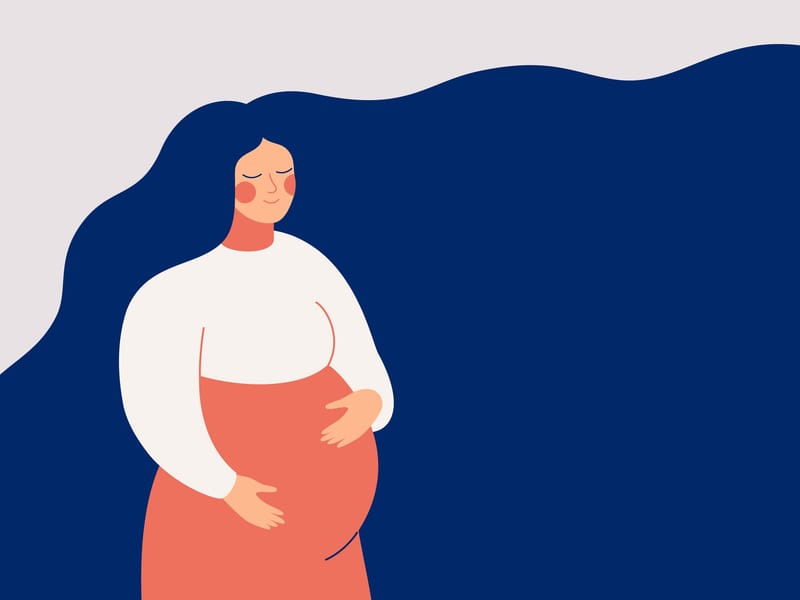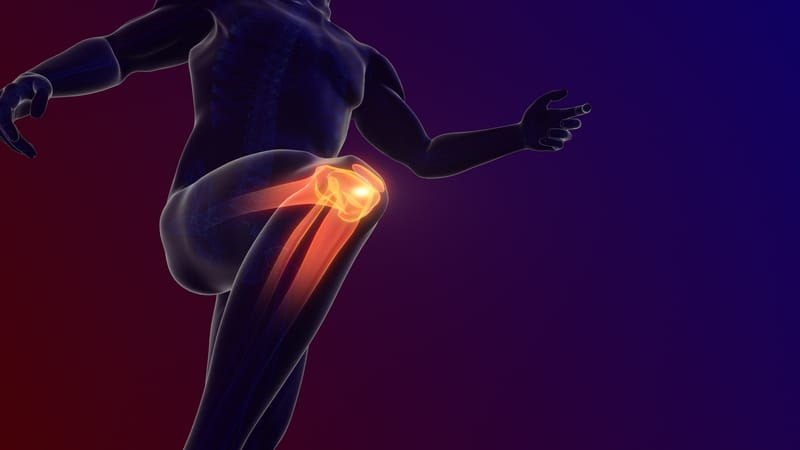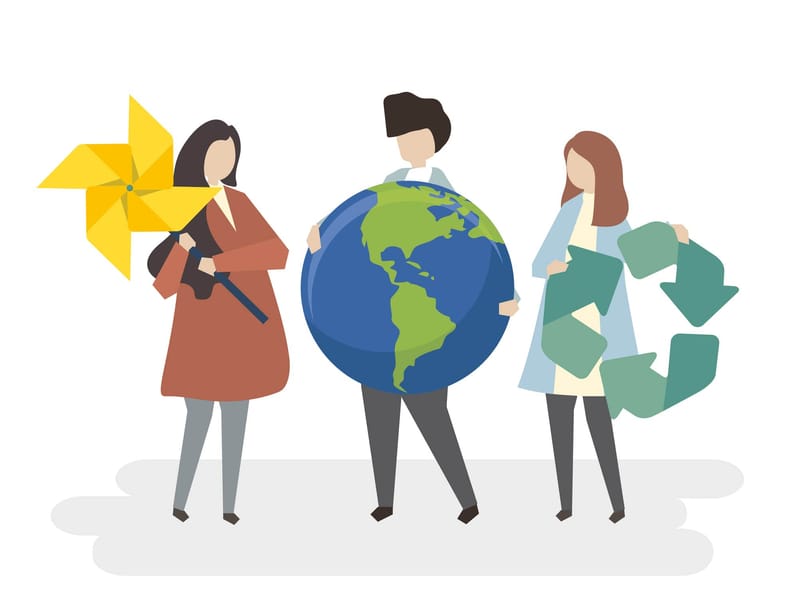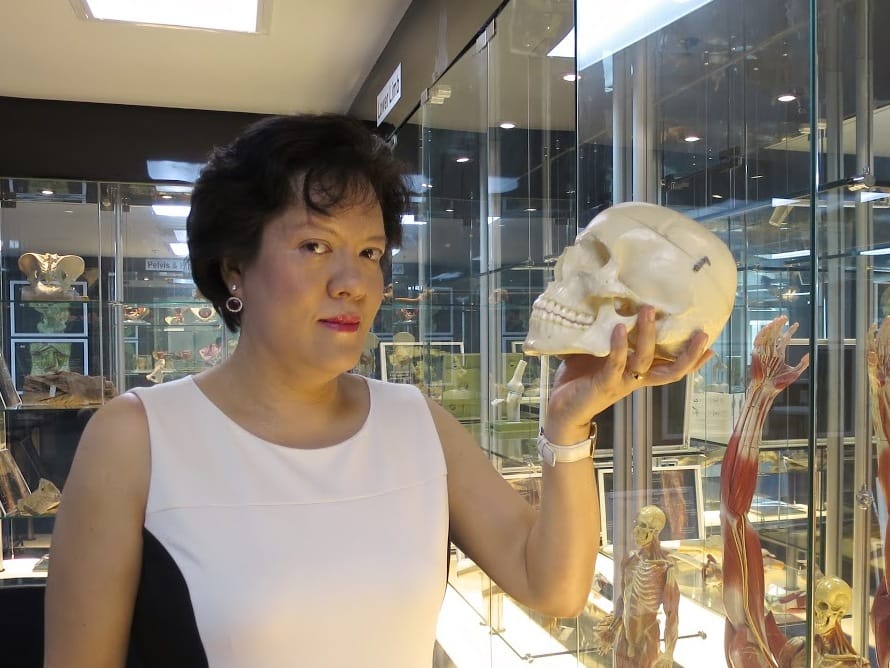
Professor Maude E. Phipps is a leading human geneticist based at the Jeffrey Cheah School of Medicine and Health Sciences at Monash University Malaysia. Her current research focuses on the genomics of Homo sapiens to answer questions related to our evolution, migration, morphological development and health. Apart from translational medicine, she’s a keen advocate of bioethics education and research programs in Asia, especially in rapidly developing countries that have placed biotechnology high on their development agendas.
Describe your career trajectory and the key influences in your life that enabled you to become a world leader in a STEMM field?
I think my career trajectory was shaped earliest by my father, who read widely about STEMM and cosmology, and passed this enthusiasm to his young, curious and only daughter; an almost fearless mother; supportive family; and then, driven by a series of fortunate events, conducive academic environments, meeting the most passionate dedicated researchers and living in a multi-ethnic country.
In my field, there are erroneous perceptions, often unsubstantiated, that field work may be unsuitable and dangerous for women.
My personal curiosity about myriad human variation, an adventurous spirit and desire to make the connection with human subjects rather than 'samples in tubes' drove my scientific pursuits. Reviewing my growth as an academic every five years has helped me plan the next stage of where I'd like to be.
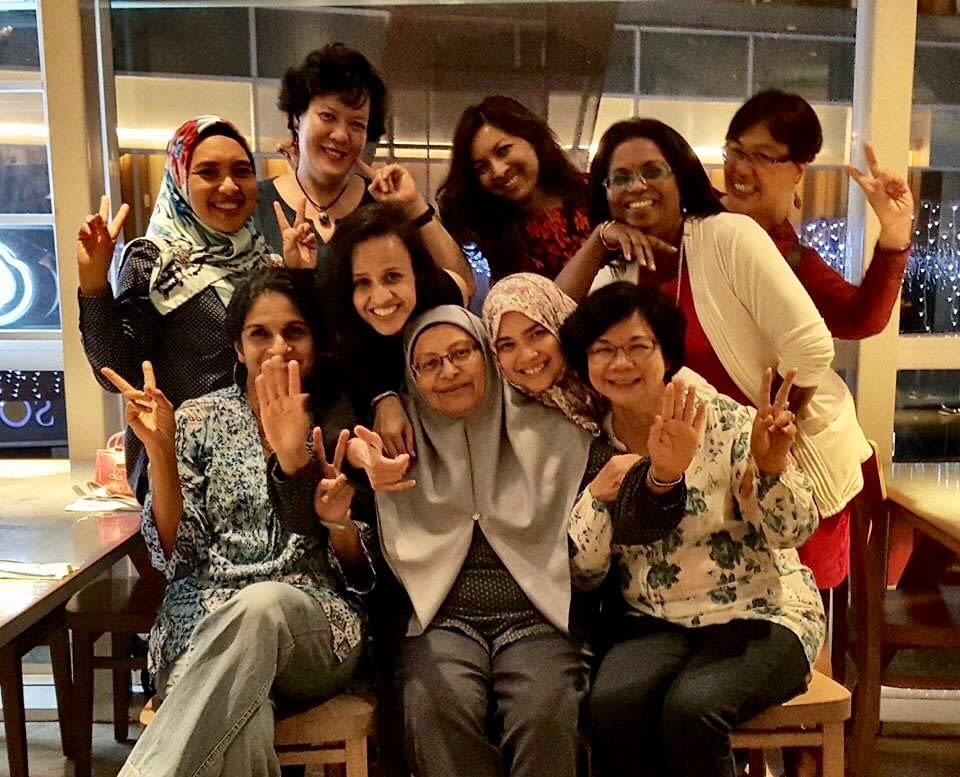
The cumulative attrition of women from STEMM careers is proving stubborn to mend. Why do you think this is? And what are some strategies to enable more young women to forge a successful career in this area?
There are substantially more men than women in population genetics and STEMM in general. I think that even in very conservative societies where respect for women and their rights are rare, situations are changing as more women act and speak up. In my field, there are erroneous perceptions, often unsubstantiated, that field work may be unsuitable and dangerous for women. Respect for women, adequate education and training, implementing good safety procedures and planning trips meticulously are essential. We need to debunk stereotypes, dispense with the 'femme fatale', engage men in discussion, etc. Policies at institutional and governmental levels need to be established for equal opportunity.
At the Jeffrey Cheah School of Medicine and Health Sciences [at Monash Malaysia], I'm fortunate to be in the fine company of Med Hatters [pictured above], our ladies’ support group. Many an idea has been hatched, a soul comforted, a thesis/paper reviewed, an event organised and benefit had from our coffee, tea, cake chats and excursions.
When we look at the Global Gender Gap Index by the World Economic Forum, Malaysia comes in at number 106 out of 144 countries. Why is gender equality such an important and difficult issue in Malaysia? Does this low ranking tell the whole story?
I’m not an expert in gender studies, but I think Malaysia gained independence 60 years ago; as such, compared to other nations, we’re a relatively young country. Apart from Orang Asli, the indigenous communities, the majority of our population are descendants of Chinese, Indians, Malays, Arabs, British, etc, who came to these shores with their highly conservative traditions. There are also religious beliefs and practices that lead to dichotomies, often placing more importance on men.
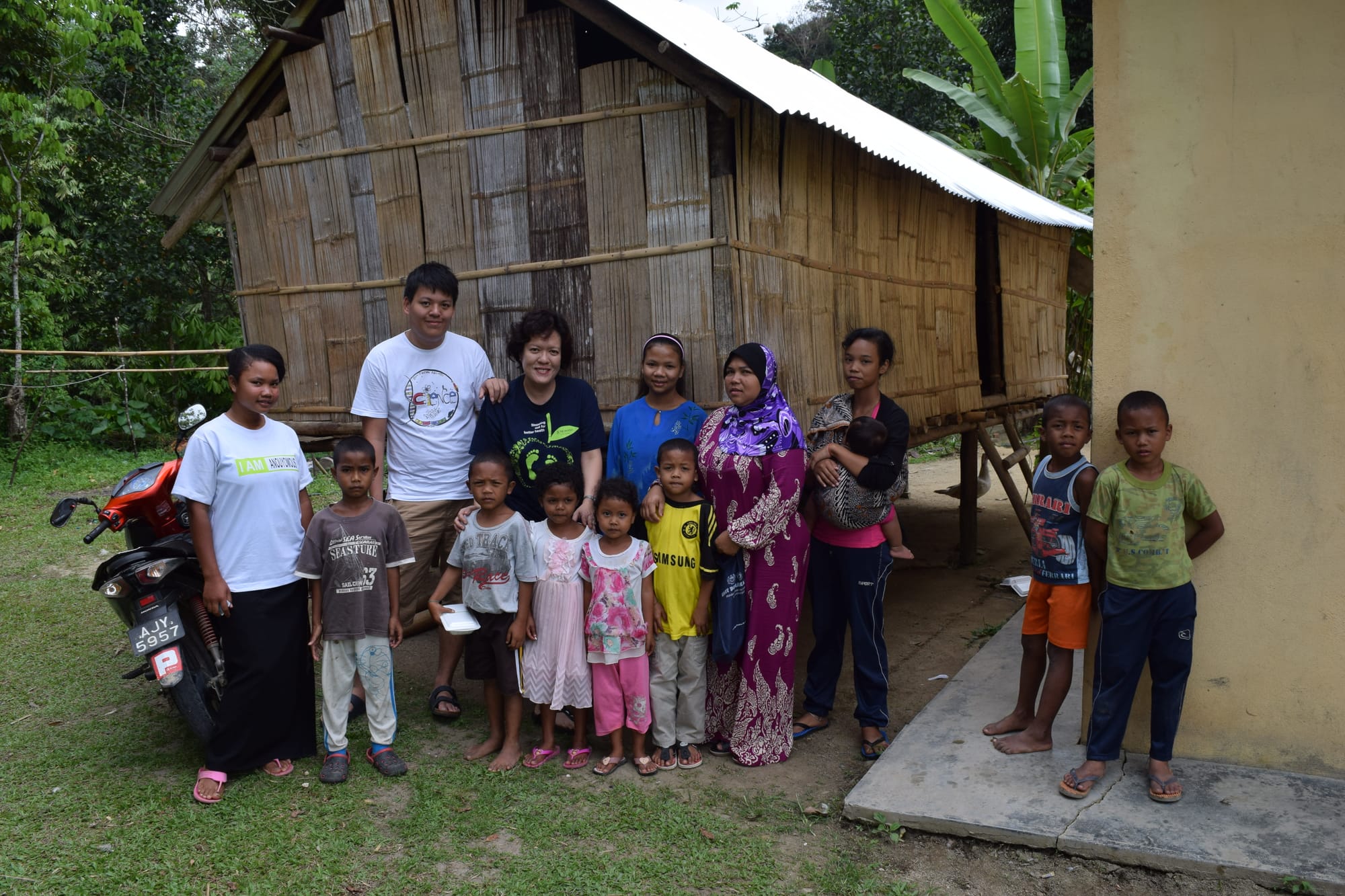
Although gender equality is still a difficult issue in Malaysia and many ASEAN nations, better economic growth, educational opportunities, global internet connectivity, exposure to overseas travel and such have narrowed the gap.
Turning to your research, when asked, “What is the future of evolution”, you’ve been quoted as saying: "I wish I knew, but there are estimates that in five million years, the Y chromosome will disappear altogether, and with it, the males of our species.” A great boost for gender parity then!
I was referencing the work of Jenny Graves, a brilliant Australian scientist I had the pleasure of meeting during a genetics conference. She was describing the reduction of chromosome lengths in mammals. However, I think we would agree that five million years is an interminably long time to wait for gender parity. Best we start doing things as soon as possible and in our lifetimes!
Tell us more about the World Café for Women@MonashMalaysia and other gender equity initiatives you’ve been involved in?
International Women’s Day 2018 belongs to all communities everywhere, and that includes all of us women at Monash Malaysia! There’s never been a more important time to be inspired by and strive towards the United Nations’ Sustainable Development Goals on Gender Equality (No.5) and Quality Education (No.4) that impact us directly.
We’ve organised a World Café for Women@MonashMalaysia themed “Time is NOW – Rural and Urban Activists Transforming Women’s Lives”. It's a chance for the Monash Malaysia community to discuss the themes of empowerment of women at Monash Malaysia; the importance of hearing women's voices in the media; and transforming the lives of underprivileged women.
Our hope is that this event will enable us to reflect on our progress, spread awareness of the need for change, and allow us to hear new ideas on the way forward.


